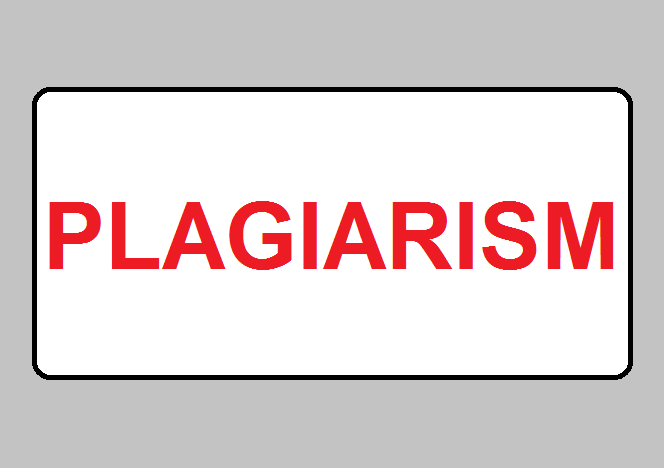 Detecting and avoiding intentional plagiarism can be straightforward. Unintentional plagiarism, on the other hand, is more subtle and therefore more challenging to curtail. It often results from ineffective research and study habits. We'll present some suggestions for improving scholarly practices in the next sections of the tutorial.
Detecting and avoiding intentional plagiarism can be straightforward. Unintentional plagiarism, on the other hand, is more subtle and therefore more challenging to curtail. It often results from ineffective research and study habits. We'll present some suggestions for improving scholarly practices in the next sections of the tutorial.
Unintentional plagiarism can include:
- Failure to cite a source that is not common knowledge or explicitly factual.
- Failure to "quote" or block quote an author's exact words, even if documented in a reference.
- Failure to put a paraphrase in your own words, even if documented in a reference.
- Failure to put a summary in your own words, even if documented in a reference.
Image credit: By Erika.Eunice (Own work) [CC BY-SA 4.0 (http://creativecommons.org/licenses/by-sa/4.0)], via Wikimedia Commons

